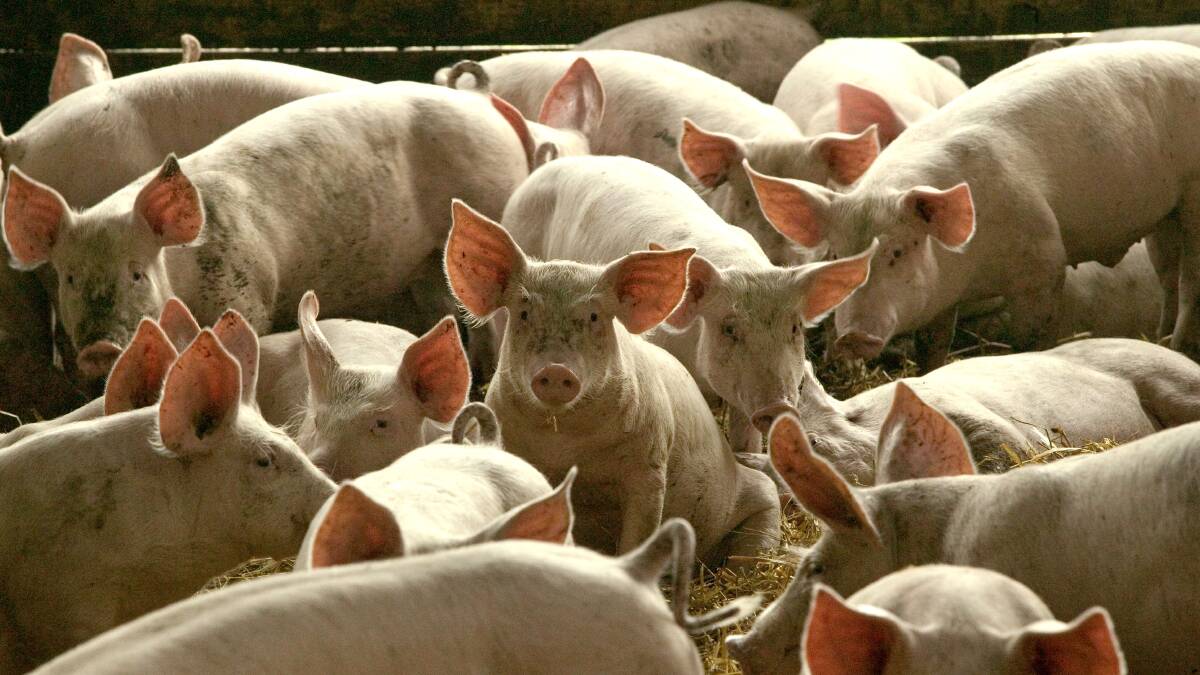
FARMER groups have highlighted the findings of two reports on biosecurity in Australia, saying the nation needs to do more to manage biosecurity risk.
Subscribe now for unlimited access to all our agricultural news
across the nation
or signup to continue reading
Chair of the NSW Farmers biosecurity committee Ian McColl said the NSW Auditor-General's report into the state's biosecurity risk management and a review of pest and disease interceptions have uncovered serious gaps in biosecurity functions.
"Both these reports have highlighted the need for increased government investment into frontline resources," Mr McColl said.
He said an increasingly mobile population utilising air transport meant risks of biosecurity incursions were higher than ever before.
"The increased movement of passengers and goods are increasingly testing the biosecurity system and our agricultural industries are facing serious biosecurity threats from incoming passengers and mail, including African swine fever (ASF) and foot and mouth disease."
He said more needed to be done to ensure the livestock diseases were kept out, given the catastrophic consequences if they got into the country.
"The Department of Agriculture has so far worked effectively to keep these diseases out, but it needs to be adequately resourced to ensure this continues into the future."
Results from testing following a Department of Agriculture blitz late last year found the DNA of ASF on some pork products coming in from Asia intercepted by quarantine staff.
Mr McColl said his organisation wanted more funds for programs such as the detector dog scheme, which needs to be funded constantly as it relies on adequately trained staff and animals.
"Any drive for staffing efficiencies by the Department shouldn't compromise our biosecurity capabilities at the border."
He said Australia, more than any other country, due to its advantages as an island nation, needed to work hard on biosecurity.
"NSW Farmers has long called for funding to deliver modern and world-class traceability systems, increased surveillance and monitoring programs that proactively detect biosecurity threats and provide evidence of disease freedom, and also enhancements in data collection, analysis and accessibility."


